
Chinese Symbol for Strength
Li, The Chinese Symbol for Strength. Chinese symbol for strength which is pronounced as "li" is drawn with combining two letters of Chinese alphabet. Here is how li looks: In addition to that, many creatures are considered as symbols of strength in Chinese culture. Without a doubt, dragons are the most significant ones among these.

Strength Chinese Symbol Watercolor By Eve Co
lì. chikara / ryoku. 력. 力 is the simplest form of "power" or "strength.". In Japanese, it is pronounced "chikara" when used alone, and "ryoku" when used in a sentence (there are also a few other possible pronunciations of this Kanji in Japanese). In some contexts, this can mean ability, force, physical strength, capability.

The Manual of the Symbols of Mandarin Chinese
The symbol used for depicting strength has a shape that is somewhat like a plow. The symbol is pronounced as 'li' in Chinese. The top portion of the symbol looks like a plow handle while the lower part resembles a plowshare. It requires a substantial amount of strength for using a plow.
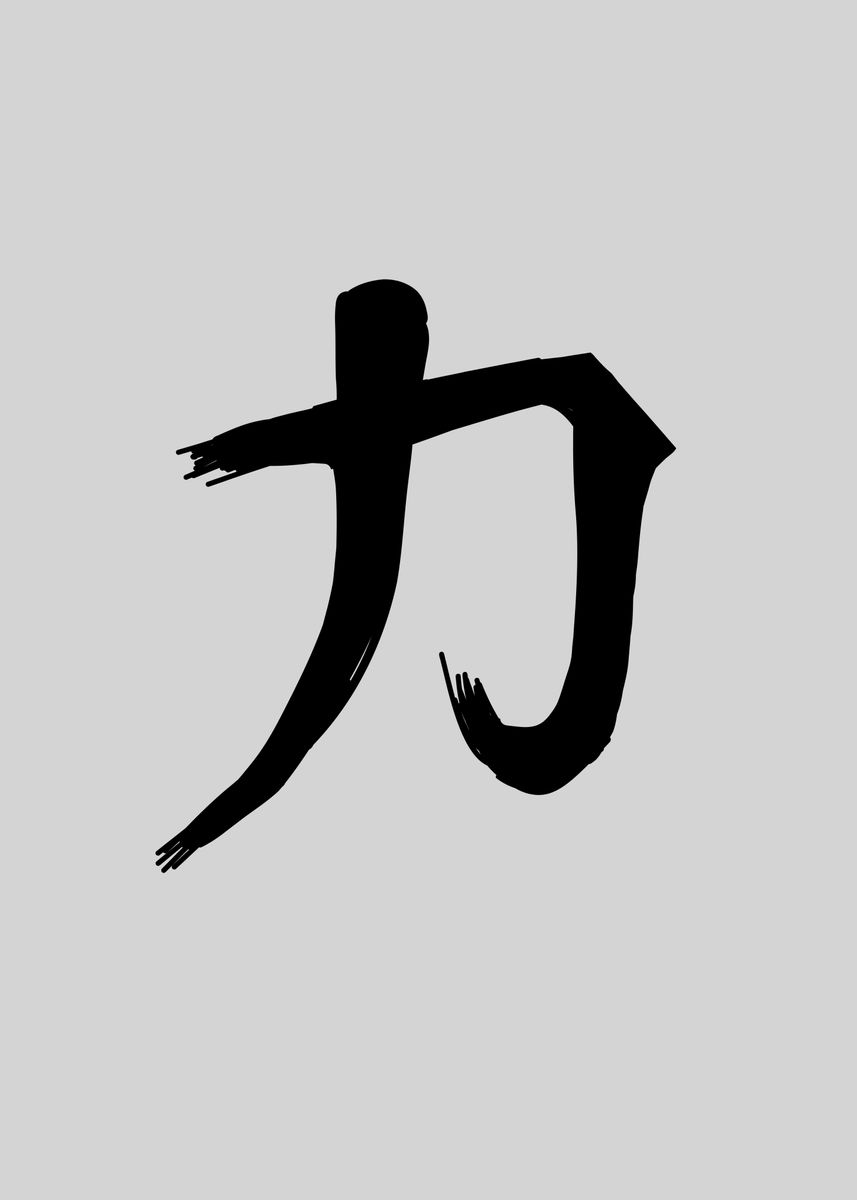
'Strength Chinese Character' Poster by schmugo Displate
Mandarin ducks are a pair of brightly colored birds that symbolize love, loyalty, and prosperity in Chinese culture.In Chinese mythology, mandarin ducks are believed to mate for life and remain loyal to their partners, making them a popular symbol of fidelity and harmonious relationships.. In addition to their romantic symbolism, mandarin ducks are associated with wealth and prosperity.
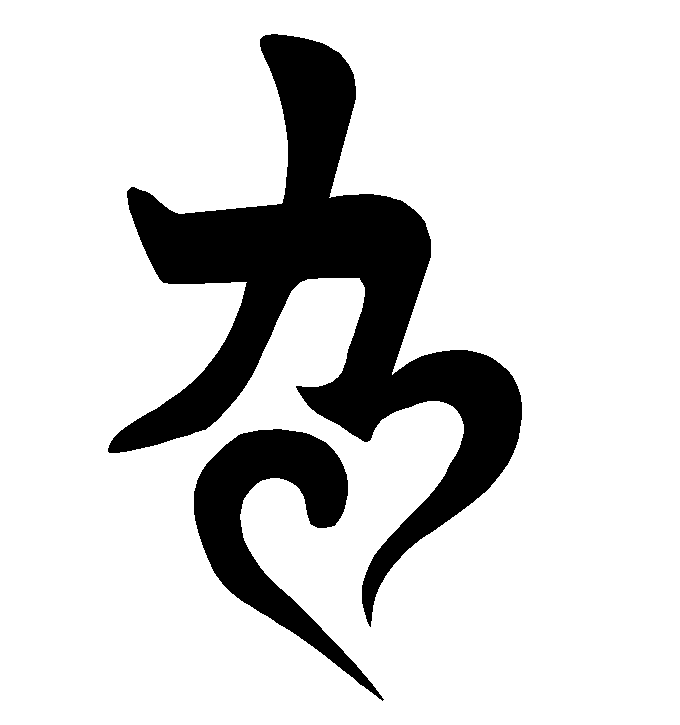
strong symbol in japanese Clip Art Library
Two of the most common Chinese characters found together in written Chinese are 中国 (zhōng guó) or 'China'. 中 (zhōng) means 'middle', whilst 国 (guó) means 'country', but in ancient times, was also used for 'capital city'. China is often referred to as the 'Middle Kingdom', but this is not an egotistical reference.

Shili by inkbox Shi Li is a Mandarin word (Pinyin) for the word
The Chinese Dragon is a potent symbol of power, strength, and good fortune, revered by the people for its divine attributes and auspicious qualities. Its presence is believed to bring prosperity, abundance, and success, making it a sought-after emblem in art, architecture, and various cultural expressions.. In Mandarin, the word for "bat.

Chinese Symbol For Strength And Courage Tattoo
The Chinese language and culture are rich in symbolism, and one symbol that holds great significance is the symbol for strength. In Chinese, the character for strength is 力 (lì). This single symbol embodies the essence of power, force, and resilience. It serves as a reminder of the inner strength that resides within each of us, waiting to be.
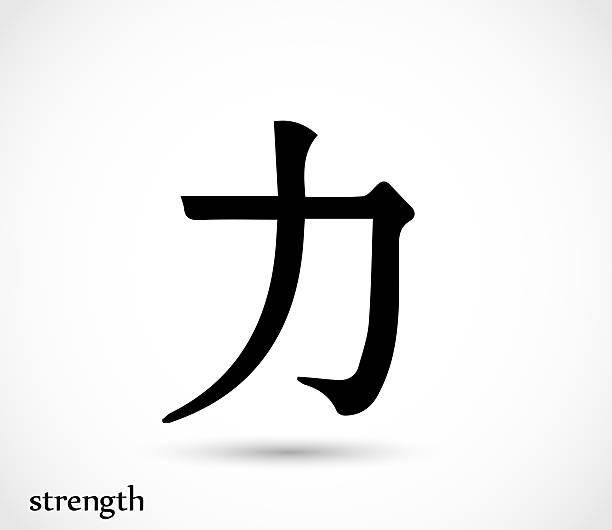
Chinese Symbols For Strength Illustrations, RoyaltyFree Vector
English translations. strength, force, power, ability, puissance. Chinese character and stroke order animation. : speed: 2. The traditional Chinese characters of lì are identical with the modern (simplified) characters displayed above.
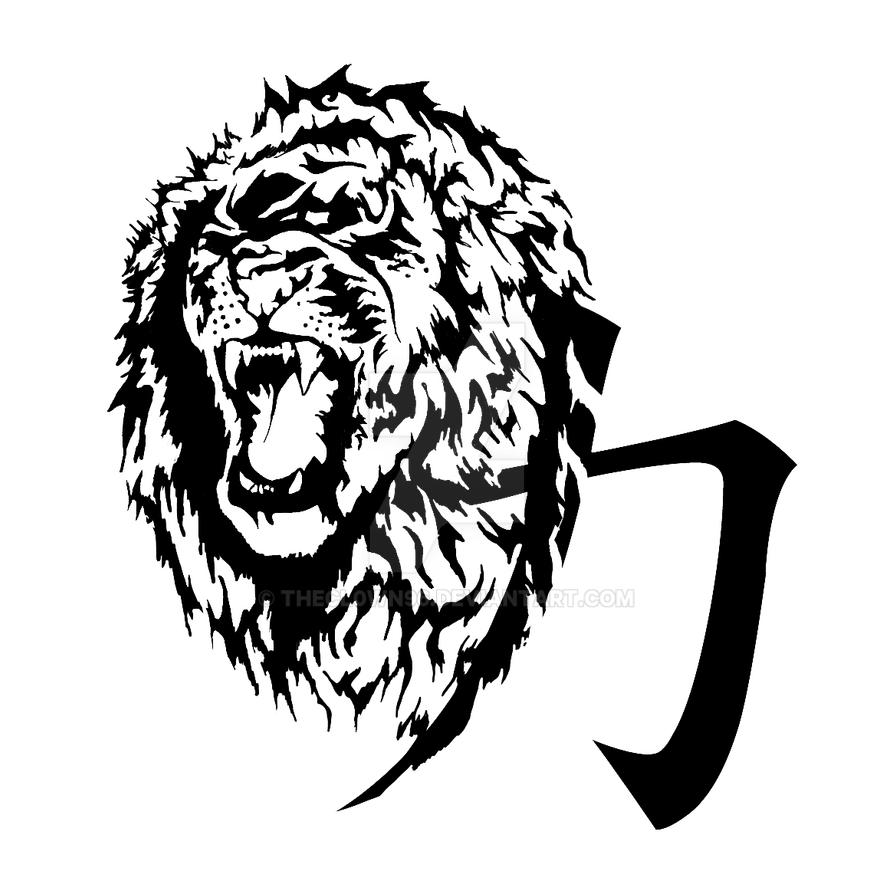
Lion Mandarin Strength Tattoo Design by TheCL0WN96 on DeviantArt
Tiger - The Tiger, is one of the 12-year cycles of animals which appear in the Chinese zodiac related to the Chinese calendar. The Year of the Tiger is associated with the earthly branch symbol. The Symbols of the Five Universal Elements. The Wood Element is the energy associated with regeneration, renewal, and growth.

Top 67 Chinese Symbol Tattoo Ideas [2021 Inspiration Guide]
Chinese Phrases about Strength and Power: 力大无穷: With strength that cannot be used up. 孔武有力: Extremely strong, brave, and powerful. 身强力壮: Strong body and robust strength. 天生神力: Born with extraordinary strength. 力拔山河: Have the strength to pull down mountains and rivers. 回天之力: Power of turning a.
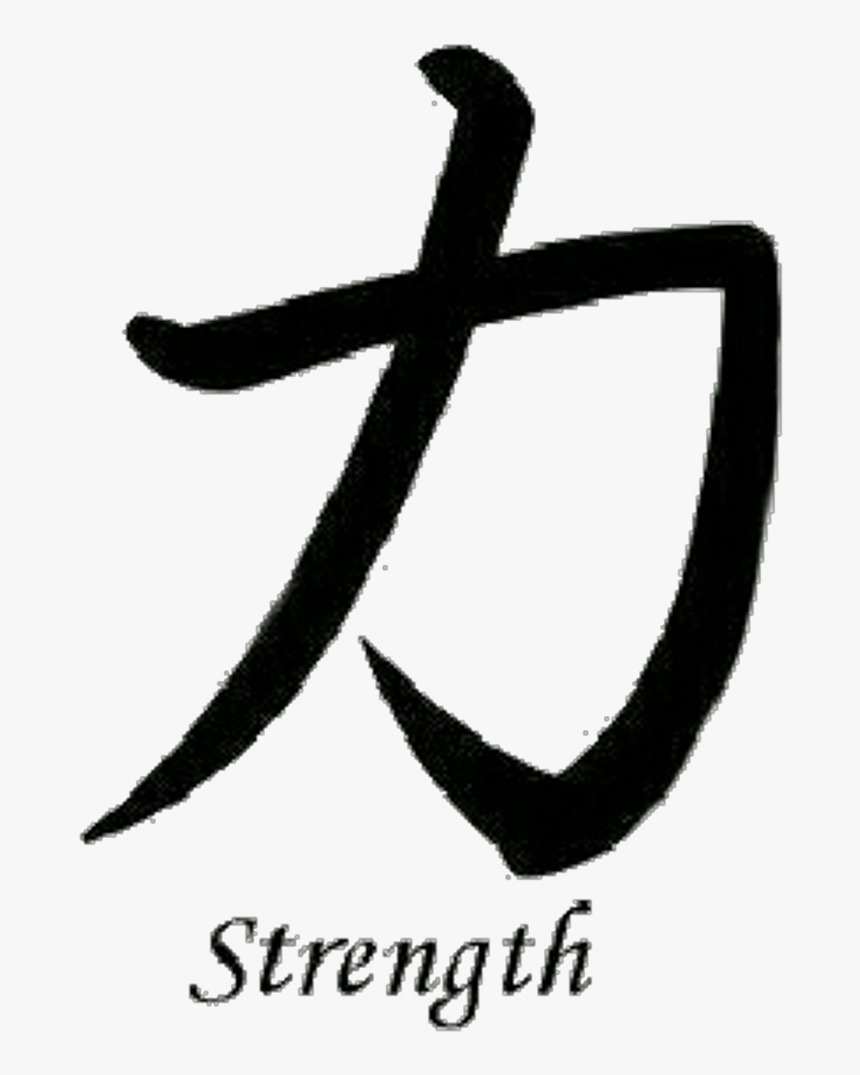
strength chinese symbol Strength In Chinese Png, Transparent Png
The strength character has its roots in ancient Chinese calligraphy. It is derived from combining the characters for "man" and "power.". The intricate strokes and bold lines of the character exude a sense of stability, while its meaning reflects the enduring value placed on strength by the Chinese people throughout history.

Mandarin Chinese Alphabet Graffiti Japanese tattoo symbols, Kanji
Chinese plant symbols. Now, let's move on to the plant world, with the two most important Chinese symbolic plants. 5. Lotus Flower (荷花 - hé huā): The lotus flower, known as "荷花" (hé huā) in Chinese, holds a special place in Chinese culture.It symbolizes strength and resilience against adversities, as this plant grows from the mud at the bottom of ponds and rises above the water's.
What's the Chinese character for strength? Quora
The Chinese dragon is one of the most revered and powerful symbols in the world. Since China's founding, the dragon has been an integral part of Chinese culture for more than 2,500 years. It has also played a significant role in many aspects Chinese life. The dragon is associated with strength, power and wisdom.

How To Pronounce Mandarin Chinese Pinyin (cheat sheet) Chinese
strength "Why are some translations grayed out?" Grayed-out terms are meanings of the character which cannot be used as translations. For example, 必 (bì) has the meaning must / to have to.However, the Chinese translation for "must" is not 必 (bì) but 必须 (bìxū)., strong "Why are some translations grayed out?" Grayed-out terms are meanings of the character which cannot be used as.
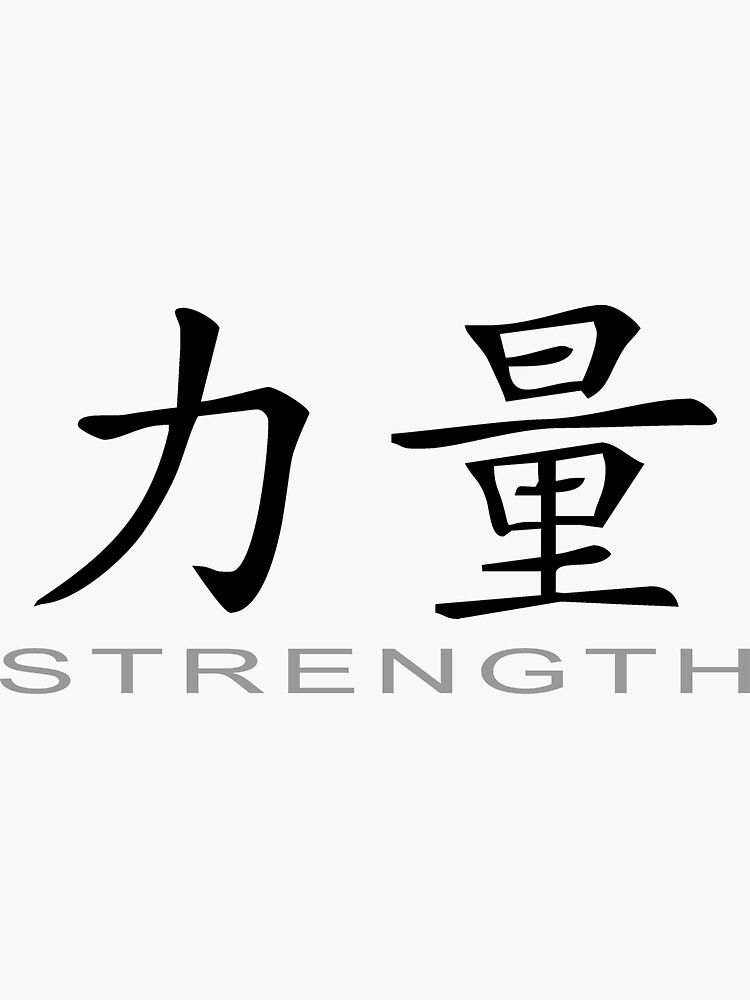
"Chinese Symbol for Strength TShirt" Sticker by AsianTShirts Redbubble
喜喜 is the Chinese symbol that represents happiness. 喜喜 is not an official Chinese character. It is a symbol that we call it 双喜- shuāngxǐ. 双-shuāng means double and 喜 - xǐ means joy or happiness. Thus, doubling the 喜 - xǐ means double happiness. This is a very famous and common decoration for Chinese weddings.

Pin by sandhu sandhu on Chinese learn Japanese tattoo words, Kanji
내력. 內力 is the shorter version of inner strength (can also be translated as "internal force"). The first character holds the meaning of "inner" or "internal.". The second character means "power," "force," or "strength.". 內力 is a Kung Fu way of talking about an inner power or strength from within.